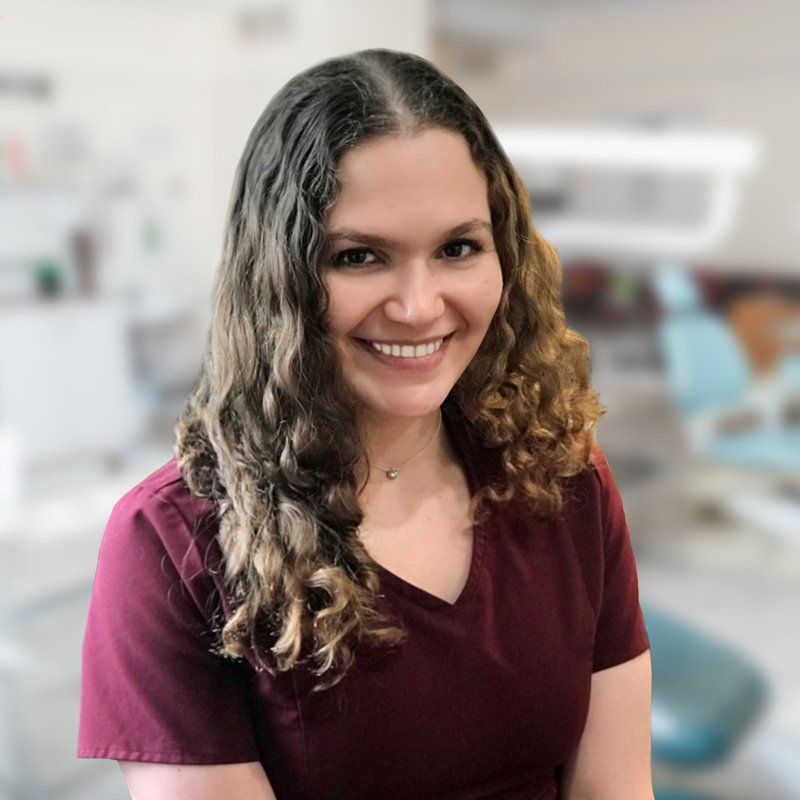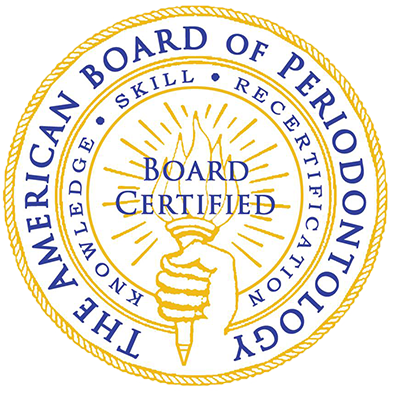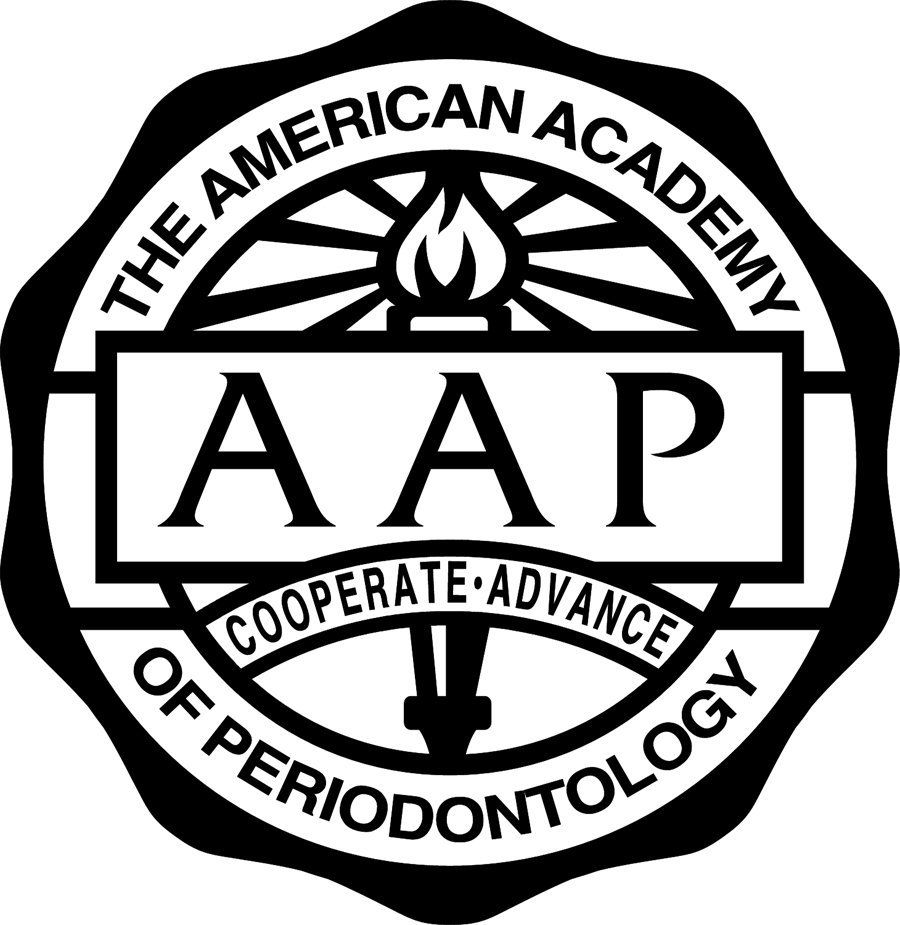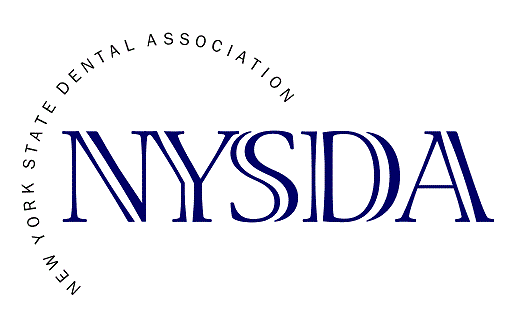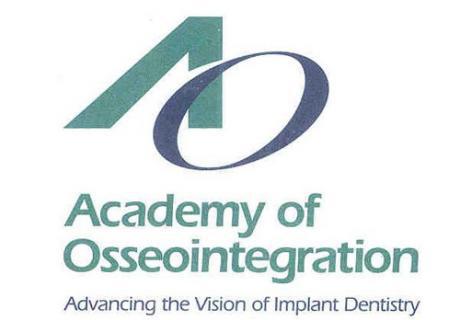Laser Frenectomy Treatments - Dr. Stephanie Sfiroudis DDS, MS
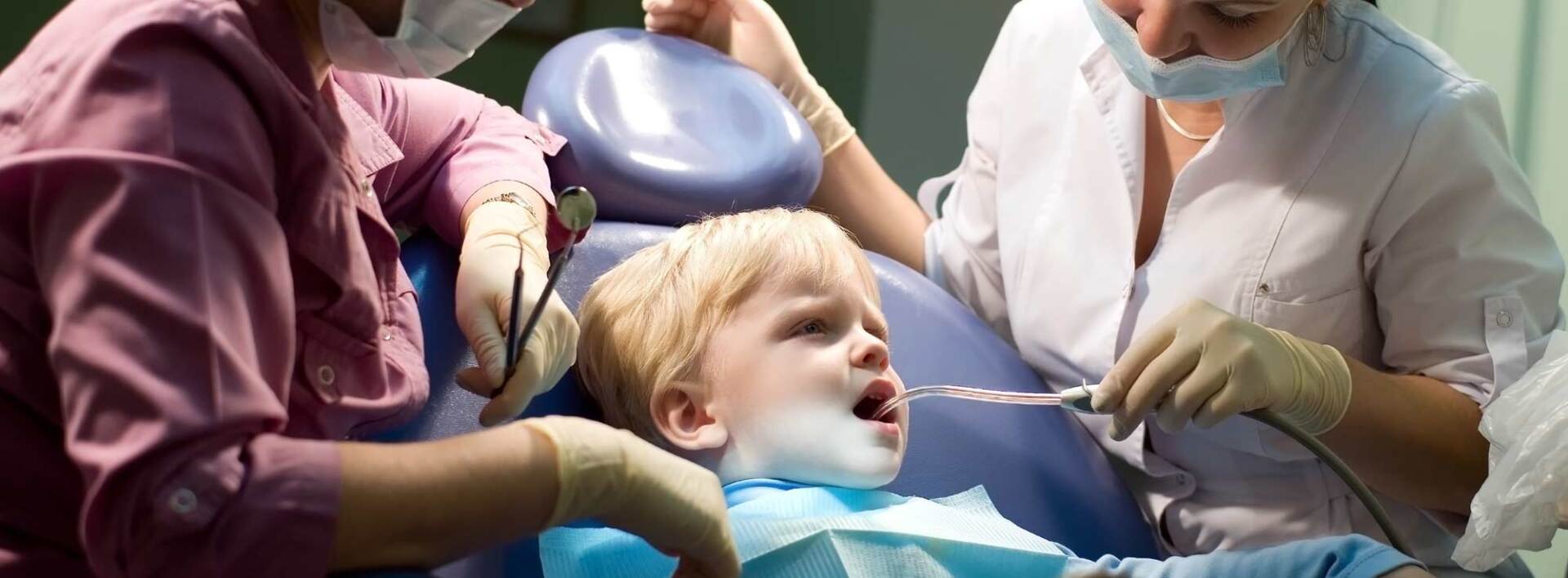
Periodontal Laser Frenectomies in Nassau County by Dr. Sfiroudis, a Leading Periodontist in Williston Park, NY 11596
A frenectomy is a medical procedure that removes a small fold of tissue, known as a frenulum. Tissue removal occurs when it reduces the movement of an organ. In dentistry, a lingual or maxillary frenectomy could become necessary. Without the treatment, the jaw or teeth can become displaced, speaking could be difficult, and infants may struggle to breastfeed successfully. Previously, the only solution for removing the frenum involved dental scissors, but laser surgery is now also available. Laser treatment offers a more precise and gentle experience.
Dr. Stephanie Sfiroudis is the first periodontist in Nassau County to offer LAPIP and LANAP treatments to patients.
What is a Frenectomy?
Periodontists perform two types of frenectomy procedures. One type is a lingual frenectomy that addresses the frenum that connects the tongue to the bottom of the mouth. A short frenum can reduce the movement of the tongue and make talking and eating more difficult. Patients need a maxillary frenectomy when they have a frenum that connects the upper lip to the upper gum too tightly. Others may need the procedure if the frenum is too loose and affects the growth of the front teeth.
Frenectomy surgery often occurs during infancy or childhood to reduce any discomfort or speaking delay. Most experts recommend parents have the procedure done as early as possible to avoid stress on the child. Sometimes the surgery happens later, even in adulthood, as people decide their frenum needs repair due to the discomfort or frustration it causes them. Regardless of age at the time of the treatment, the process is relatively simple, fast, and effective.
Why is a Frenectomy Important?
Everyone has a frenum, but when the tissue is too short or too long, it can cause multiple problems. Comfort can become an issue with any frenum. A lingual frenum can make speaking difficult and lead to speech delays or impediments. A maxillary frenum connects the gum with the top lip. Dental decay can occur if this frenum is too short because it is difficult to get a toothbrush in the area close enough to clean the teeth properly. Children may also develop speech impediments if they do not have enough freedom of movement in their top lip to form words correctly.
Some people may need a maxillary frenectomy before wearing dentures despite no severe problems in the past. The treatment ensures a proper fit. The frenum can interfere with the dentures by causing the top plate to move. The constant movement can make eating difficult and can cause discomfort for the wearer. A frenum that is too large can also affect tooth growth in children as it can be in the way and interfere with the front teeth and cause a gap.
How a Laser Frenectomy Works
A laser frenectomy completes the same task as the surgical technique, but it offers benefits above what people get with a more invasive procedure. Lasers heal the area quickly so the cut can take place with little or no blood loss. The cuts, when a laser completes them, are clean and exceptionally precise. The use of a laser can also reduce or eliminate the chance of scarring. Because of the more efficient process, a frenectomy completed with a laser often heals faster than after traditional surgery.
A frenectomy takes only minutes to complete. The doctor applies a local anesthetic to the area before cutting the frenum. The laser precisely cuts the tissue while simultaneously sealing the wound to reduce any bleeding. A laser frenectomy will not require sutures, so the aftercare is less of a challenge.
Toddlers and older children that are too restless to remain still may need general anesthesia to make the procedure easier to complete and less frightening for them. Patients can typically eat and drink like normal within an hour or less after the treatment once the anesthetic wears off. The doctor will provide specific instructions for oral care in the days following the frenectomy. Some stretching exercises for the area to assist proper wound healing may also be necessary.
Older children may need speech therapy after a frenectomy. The child may struggle to form words correctly afterward due to the difference in their range of motion. The problem should resolve quickly, and not everyone needs assistance.
Contact Us for a Periodontal Consultation
A laser frenectomy is a fast and painless way to avoid problems with nursing and speech. Treatment can lower the risk of any jaw or dental pain and prevent many other complications. The laser treatment is a reliable option that requires very little recovery time. Dr. Stephanie Sfiroudis offers consultations for children and adults with frenum concerns.
- Contact Dr. Sfiroudis to schedule a periodontal consultation to discuss the options available and see if a frenectomy is needed.



